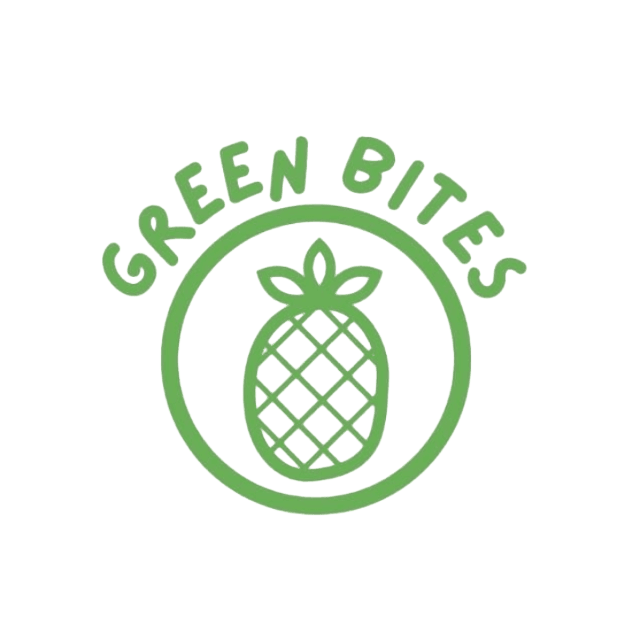Dietary Guideline Olympics

28 August 2023
Last week, I talked about how the types of foods we choose can impact our health and our planet, and how funding of said foods and research can influence the trajectory of our choices.
The One Earth study mentioned there were four countries in Europe making strides toward shifting the balance. I was intrigued to find out who they were and what they were doing. It turns out that several European countries are tackling the environment/agriculture/health connection. These are my awards for the Top 3 plus two honorable mentions:
Gold Medal: Finland
Nearly a decade ago (2014), Finland put together these dietary guidelines, Syö hyvää, eat good! If the name didn’t already win you over, the practical details will. Finland gets first place for getting there early and providing practical (and likely realistic) solutions; they start by recommending 6 handfuls of fruits and vegetables per day. Guidelines also suggest limiting intake of red and processed meat to a maximum of 500g/week (that’s about a pound – and here I’ll note that the EAT Lancet Planetary Diet recommends about 100g/week - I’ll be expecting an update soon, Finland!), noting that meat and dairy products have a high environmental impact and mentioning the risks of cancer and Type 2 diabetes associated with eating too much of these foods (kudos for transparency!). Possibly best of all, they present alternatives that are accessible to almost anyone.
Silver Medal: Denmark
The 2021 Danish Food Administration’s official recommendations lead with “eat plant rich, varied and not too much.” What could be easier to follow than that? They explicitly take environment into account and encourage consumption of more vegetables and fruits, and less meat (presenting legumes and fish as alternatives). While I was initially thrown off by the fact that these were developed by the Danish Veterinary and Food Administration, I quickly discovered that this branch of the Ministry of Food is “responsible for food safety and health, from farm to fork”. Totally makes sense (and it seems they value animals as much as humans)!
Bronze Medal: The Netherlands
The 2015 Dutch food-based Dietary Guidelines recommend “a dietary pattern that involves eating more plant based and less animal based food, as recommended in the guidelines.” I like that this suggestion provides a general framework, into which many eating habits can fit (they still suggest limitations on consumption of red and processed meat).
Honorable Mention: Italy
Italy rolled out new Dietary Guidelines in 2018, which include the recommendation to select a sustainable diet, with specific actions: Avoid red and processed meat, while adding more poultry and vegetables, select sustainable fish (small fish like anchovies and sardines), and increase legume intake as an alternative to animal source foods. These are all awesome and practical suggestions, however Italy only just missed out on medaling (IMHO) by not explicitly stating the goal of a plant forward diet overall. Then again, the traditional Mediterranean diet is already plant forward, so maybe I'm biased in the context of American cultural norms! Brava, Italia!
Honorable Mention: Germany
It may surprise you to hear that Germany, whose 2021 dietary guidelines include “Add foods of animal origin to your diet” receives this award from me. However, Germany has set an ambitious goal of being carbon neutral by 2045 and recognizes that its food system produces a quarter of all greenhouse gas emissions. The German Nutrition Society recommends a diet be based on fruits and vegetables, along with cereal products. Dairy products, meat and fish, as well as limited oils and fats, are presented as supplements to this, so...plant forward. The German Ministry of Food and Agriculture has set its sights on transforming their food system to one that supports health and sustainability for everyone, starting with examples in schools and healthcare facilities.
I expect more progress to be spurred on in Europe by the 2020 EU Farm to Fork Strategy report, which acknowledged that existing food consumption patterns were incompatible with health and environmental concerns.
Did you agree with my awards?
Do you want to nominate another country?
I'm all ears!
Work in Progress: USA
Meanwhile, back in the US of A, our 2020-2025 dietary guidelines still lag behind in the health and environmental science for vegetable, fruit, dairy and meat consumption. New guidelines are being discussed now, so stay tuned!
National dietary guidelines are so important. They shape public health and national policy. Next week, I’ll share my personal dietary guidelines and some stellar examples of food and health sustainability leadership in the US!
Contact Green Bites
Let's Talk
I'll get back to you soon to discuss your needs.
